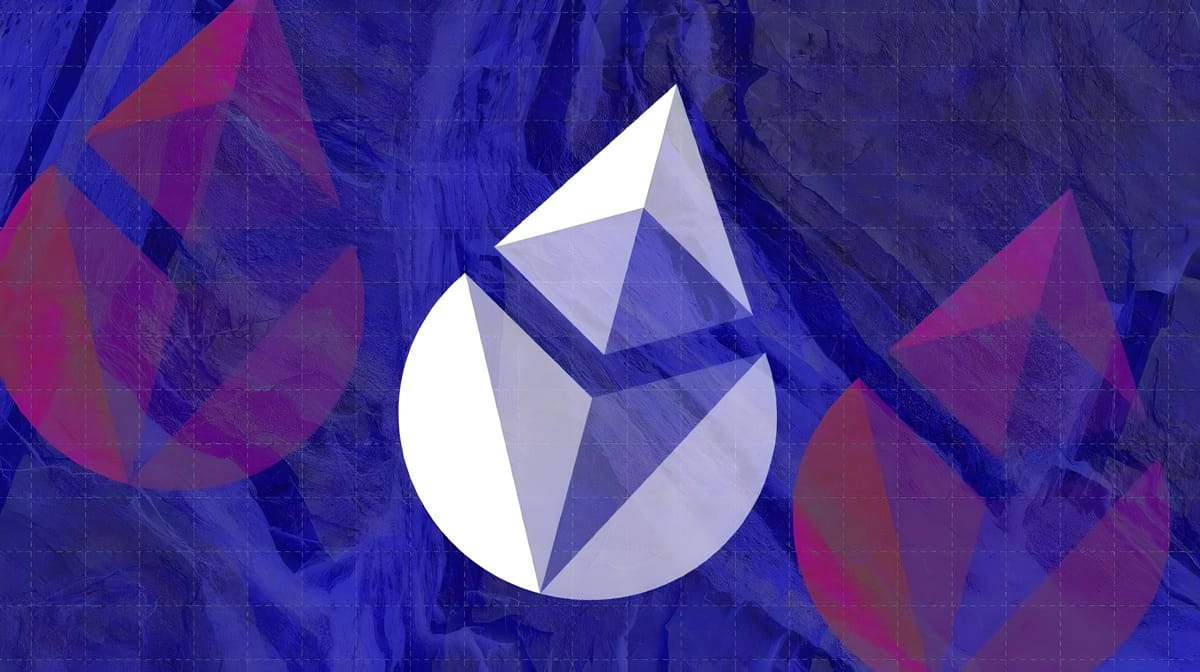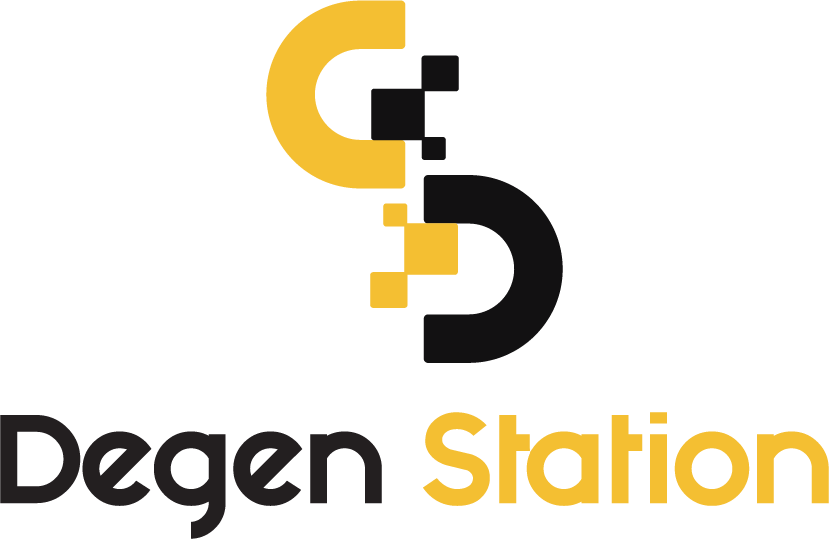Community Concerns Rise as Lido Finance Approaches 33% of Total ETH Staked

In just a few days, Lido Finance is set to reach the milestone of 33% of the total ETH staked on the network. This detail has been consistently highlighted by the Ethereum community, accompanied by concerns over network risks.

Community Concerns Rise as Lido Finance Approaches 33% of Total ETH Staked. Image: The Block
The latest figures show that Lido Finance's ETH staking share currently stands at 32.4% of the total market share. This number approaches the 33% threshold, approximately one-third of the network.

However, this is not the first time Lido Finance has approached the 33% mark. In March 2023, data even recorded this liquid staking platform exceeding 33%. Yet, debates surrounding the stake ratio have intensified at the current juncture, amidst significant market changes.
During this period, LDO token has also seen rounds of unlocking, bringing the circulating supply close to 99.97%. This implies that LDO tokens could potentially accumulate in the market, influencing and governing Lido DAO.
today @VitalikButerin stopped by the @reflexerfinance discord to share his thoughts on what Makers endgame means for RAI
— reza.eth (@rezajafery) September 3, 2023
he thinks RAI could be an activist for minority LSDs
an answer to Lido controlling 30%+
this would require more control than we have over RAI..
rn
1/x pic.twitter.com/Fxb8Ph8Jq9
Community-discussed solutions to mitigate the concentration risk posed by LDO tokens, such as the Dual Governance model, have been brought up. However, as of now, there have been no notable updates or a roadmap for this plan.
The main problem about @LidoFinance stETH is not that they have almost 33%. The main problem is this project is too big to fail.
— Martin K. 🦇🔊 (@martinkrung) September 4, 2023
If Lido get hacked or have any other big problems Ethereum will make a hard fork to fix it.
Lido is the safest choice for users.
A clear commit… pic.twitter.com/HrKQjh1k9y
In a chat segment within the Reflexer community, the developers behind the stablecoin RAI, Vitalik Buterin, expressed support for a new stablecoin model with less governance. Additionally, the Ethereum co-founder encouraged support for liquid staking solutions that do not dominate a high percentage of stakes (excluding stETH) to minimize centralization effects.
I too promise I will not personally run more than 22% of all Ethereum validators in my basement. #takethepledge https://t.co/UKmTvKU1FB
— Sam Kazemian (¤, ¤) (@samkazemian) September 2, 2023
Discussions regarding Lido becoming a "Too Big to Fail" protocol have also sparked extensive debate.
Frax Finance founder (another project focusing on Liquid Staking) tweeted:
"I also promise not to operate more than 22% of Ethereum validators in my basement."
In conclusion, the concentration of 33% of total ETH staking within a single entity, with LDO governance tokens having a market cap of approximately $1.5 billion, raises community concerns about a potential Reorg event and more seriously, long-term chain splits.
Why @ryanberckmans's concerns around Lido's growth affecting Ethereum's reputation are misplaced
— sacha st. leger (@lazyleger) September 4, 2023
While Ryan admits that "the realistic worst-case scenario for Lido's uncapped dominance isn't network disruption" the crux of his argument for self-limiting revolves around the… https://t.co/AMhMoaB5j4 pic.twitter.com/UeTlFuABxW
Previously in May 2022, the Beacon Chain network also witnessed a Reorg event before transitioning to Proof-of-Stake with The Merge upgrade.
However, many argue that influencing the network with a 33% stake is unlikely, but it could affect the blockchain's reputation and decentralized spirit (the distinguishing factor of this market from traditional tech sectors).
As usual, these opinions continue to attract vehement opposition. Overall, whether Lido's influence is ultimately negative or positive remains undecided. Therefore, the current focus should be on implementing newer updates in model design to mitigate unwarranted risks.





